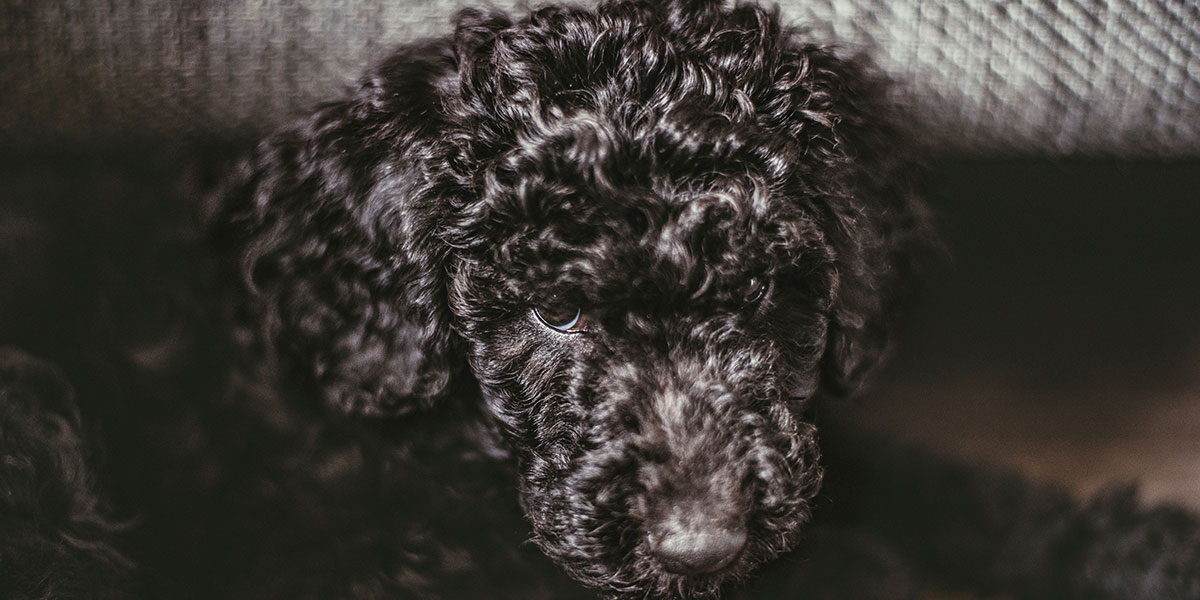Taking too long? Close loading screen.

March 9th
Like people, dogs can be allergic to all sorts of foods that might not seem too obvious at first.
But since we can’t just ask your dog what the problem is, we’ll have to be a little more creative at recognizing and treating your pup’s food allergies.
Food allergies are a specific type of sensitivity to proteins or carbs that trigger a reaction in your dog’s immune system or skin. Besides allergies, your dog could also have certain food sensitivities that trigger digestive distress.
The weird thing is that dogs can develop allergies over time from eating a lot of the same food!
If your dog seems to be suffering from allergies (and you’ve already ruled out pollen, grass and fleas), then there’s a good chance that your dog’s food is to blame. Some of the most common culprits are:
Remember, it’s better to double-check with your vet before you self-diagnose your pet’s allergies. There may be other (more serious) causes that are causing your pooch to itch.
Once your vet determines whether or not your pup has a food intolerance or allergy, the next step is treatment. In most cases, you’ll probably have to switch your pet’s food, either to a limited-ingredient or grain-free diet, or perhaps even to a prescription formula.
Here are a few tips to get you started:
For other types of allergies or inflammation in general, CBD oil for dogs may help.
You really are what you eat, and that’s just as true for dogs as it is for humans. Ensuring that your dog is eating the best food possible is key to raising a happy, healthy puppy.
And of course, if you’re still searching for that ultimate pooch, take a look at our puppy finder and begin your search for the dog of your dreams!
Find the Perfect Puppy